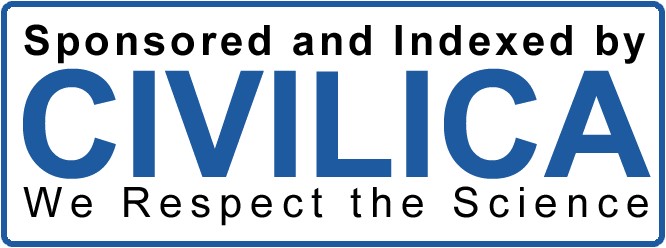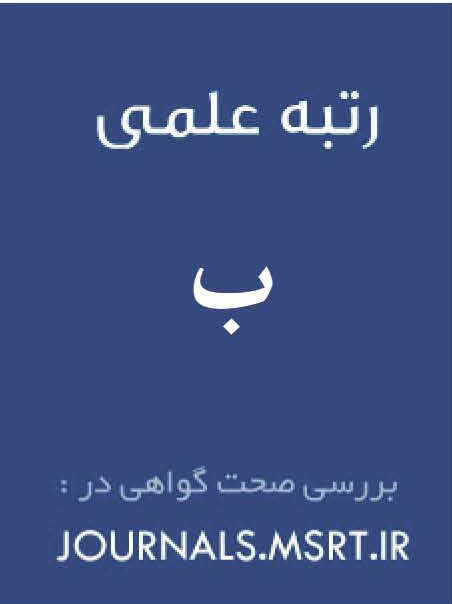About the Journal
Psychology of Motivation, Behavior, and Health is an international, peer-reviewed, open access academic journal dedicated to the publication of high-quality empirical, theoretical, and methodological research that advances understanding in the interrelated fields of motivational psychology, behavioral science, and health psychology. The journal serves as a comprehensive platform for psychologists, behavioral scientists, health practitioners, and interdisciplinary researchers aiming to explore how motivational processes influence behavior and health outcomes across diverse contexts and populations.
Published quarterly, the journal emphasizes psychological mechanisms underlying motivation, decision-making, self-regulation, emotional processes, behavior change, health behavior, mental health outcomes, well-being, and public health interventions. It welcomes submissions from a wide range of methodological traditions, including quantitative, qualitative, mixed-methods, experimental, longitudinal, and intervention-based studies. Conceptual papers, theoretical reviews, and meta-analyses are also strongly encouraged.
The journal adheres to a rigorous double-blind peer-review process to ensure academic integrity, innovation, and the dissemination of reliable knowledge. Contributions that explore novel theoretical perspectives, culturally sensitive frameworks, or interdisciplinary insights that integrate psychology with health sciences, education, sociology, neuroscience, or behavioral economics are especially welcome.
Aims and Scope
The primary aim of Psychology of Motivation, Behavior, and Health is to provide an academic forum that fosters the advancement of research at the intersection of motivation, behavioral psychology, and health. Specifically, the journal seeks to:
-
Promote scientific exploration of motivational processes and their impact on individual and collective behavior.
-
Advance understanding of behavior regulation in contexts such as education, workplace, family, therapy, digital environments, and healthcare systems.
-
Examine the psychological and social determinants of health-related behaviors and their implications for physical and mental well-being.
-
Encourage development and evaluation of interventions aimed at behavior change, health promotion, and psychological resilience.
-
Bridge the gap between theory and practice by publishing applied research relevant to clinicians, educators, policy-makers, and health professionals.
Scope of the journal includes, but is not limited to:
-
Theories of motivation and self-regulation
-
Goal-setting and goal-pursuit behavior
-
Health behavior change (e.g., smoking cessation, exercise, diet)
-
Psychological models of health and illness
-
Mental health, stress, and coping mechanisms
-
Addiction psychology and behavioral interventions
-
Motivation in educational and occupational settings
-
Digital behavior and online health interventions
-
Personality and individual differences in motivation
-
Emotional and cognitive factors influencing health decisions
By offering a scholarly platform for both theoretical and empirical work, the journal fosters the integration of psychological science with health promotion, ultimately contributing to the design of better interventions and healthier communities.
Open Access Statement
Psychology of Motivation, Behavior, and Health is a fully open access journal. All articles published are freely available online immediately upon publication. The journal operates under the belief that unrestricted access to scientific knowledge is essential for the advancement of science, public understanding, and evidence-based practice.
There are no subscription or pay-per-view charges for readers or institutions. Anyone with internet access may read, download, copy, distribute, print, or link to the full texts of the articles published in the journal, in accordance with the terms of the Creative Commons license indicated below.
Open access publishing increases the visibility, accessibility, and citation of academic research and aligns with global initiatives for the democratization of knowledge, particularly in psychology, public health, and social sciences.
Copyright and License
Authors publishing in Psychology of Motivation, Behavior, and Health retain full copyright of their work. Articles are published under the Creative Commons Attribution-NonCommercial 4.0 International License (CC BY-NC 4.0). Under this license:
-
Authors are free to share (copy and redistribute the material in any medium or format) and adapt (remix, transform, and build upon the material), as long as proper attribution is given.
-
The content may not be used for commercial purposes without explicit permission from the copyright holder.
This licensing policy supports academic freedom and encourages knowledge dissemination while protecting the original authors’ rights and ensuring ethical use of published materials.
Plagiarism and Academic Integrity
The journal maintains a strict zero-tolerance policy toward plagiarism, self-plagiarism, data fabrication, falsification, and unethical publishing practices. To ensure the originality and academic integrity of all submitted manuscripts, Psychology of Motivation, Behavior, and Health employs iThenticate plagiarism detection software as part of its editorial screening process.
All manuscripts are screened prior to peer review, and any submission found to contain plagiarized content or duplication from previous works without proper citation will be immediately rejected. Authors are strongly encouraged to follow ethical research and writing practices and to ensure that all sources are appropriately acknowledged.
The journal follows international standards on publication ethics as defined by the Committee on Publication Ethics (COPE).
Article Processing Charges (APCs)
To support open access publishing and cover editorial costs, the journal charges an Article Processing Charge (APC) of 1,500,000 Iranian Tomans for each accepted manuscript. This fee covers:
-
Editorial management and online submission systems
-
Double-blind peer-review process with two or three reviewers per article
-
Professional typesetting and formatting
-
Online hosting and digital archiving
-
Open access dissemination under the Creative Commons license
There are no additional fees for color figures, supplementary material, or data appendices. Waivers or discounts may be granted on a case-by-case basis for authors from low-income backgrounds or under-resourced institutions. Requests for waivers must be made at the time of submission.
Peer-Review Process
Psychology of Motivation, Behavior, and Health follows a double-blind peer-review process to ensure objectivity and fairness. In this process:
-
Authors do not know the identity of the reviewers.
-
Reviewers do not know the identity of the authors.
Each manuscript undergoes an initial editorial screening to assess scope alignment, formatting, and originality. Manuscripts passing the initial screening are assigned to two or three expert reviewers who evaluate the work based on its scientific rigor, methodological soundness, originality, clarity, and contribution to the field.
Reviewers provide detailed comments and recommendations within four to six weeks. Based on the reviewers’ feedback, the editorial team makes one of the following decisions: accept, accept with minor revisions, revise and resubmit, or reject.
The editorial board is committed to transparency, timeliness, and constructive feedback to support authors in improving the quality and impact of their work.
Archiving and Repository Policies
To ensure long-term preservation, discoverability, and access to published content, Psychology of Motivation, Behavior, and Health supports the following archiving and repository policies:
-
Self-Archiving: Authors are allowed to deposit both the preprint (pre-review manuscript) and the postprint (final peer-reviewed and accepted version) in institutional repositories, subject repositories (e.g., PsyArXiv), or personal websites. The published version should include a link to the final article on the journal’s website.
-
Journal Website Archive: All published articles are permanently archived on the journal’s official website with full metadata, DOI assignment, and indexing for citation tracking.
-
Third-Party Repositories: The journal also encourages long-term preservation through partnerships with scholarly archiving services and indexing in national and international databases.
The journal supports the principles of open science and scholarly communication transparency and commits to digital preservation to ensure content remains available for future generations.





